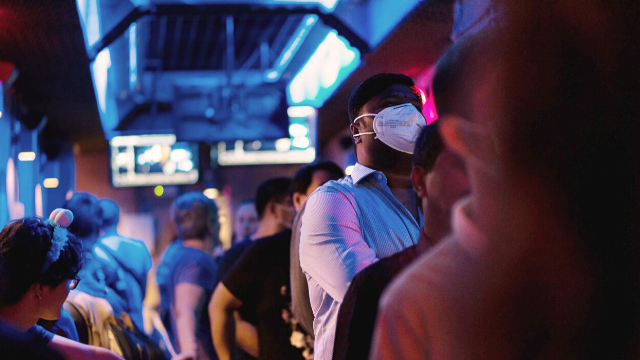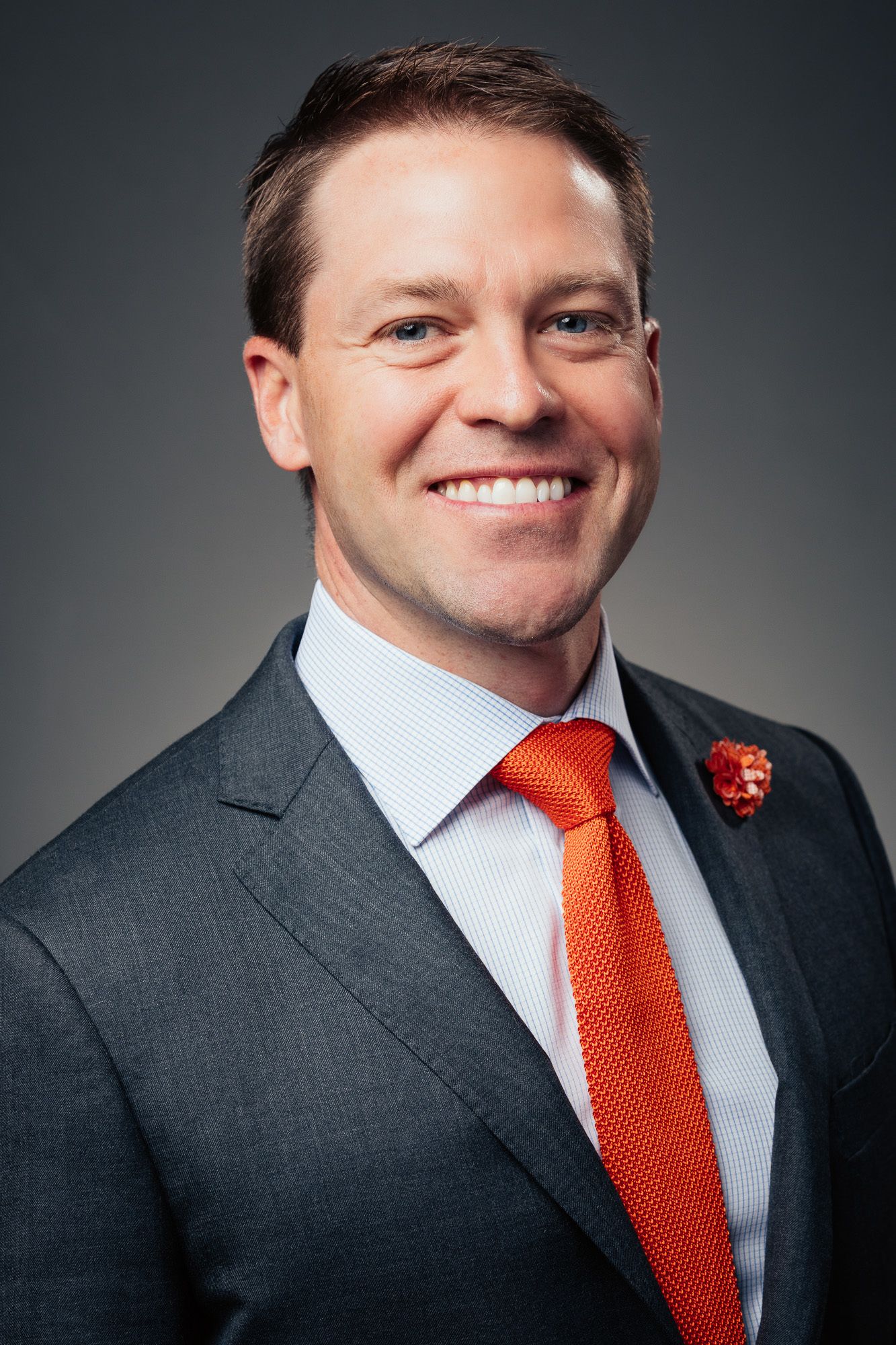Common COVID-19 Gray Market Scams and How to Avoid Them

Premier previously warned of the perils of the gray market for personal protective equipment (PPE) and its potential impact on healthcare providers, and since that warning in mid-March, PPE scams by gray marketers have only multiplied. Supplies surfacing on the gray market include N95 masks, isolation gowns, testing kits, viral swabs, hand sanitizer and other products in scarcity.
Scammers prey on the goodwill of providers, peddling PPE coveted by doctors, nurses and other staff members on the frontlines of the pandemic, and the scams can take multiple forms. According to a survey of our members, 60 percent of facilities have received at least one of these offers, and Premier itself has received hundreds of these solicitations. See recent examples here. Our findings are that less than 5 percent of these offers are legitimate.
Here are the types of gray market schemes we’ve observed and vetted for legitimacy, with not one culminating in legitimate supply for the end user.
Regardless of the form, these scams typically end with providers losing time, money and/or resources. Others find themselves the recipients of substandard or unsafe product – if they receive anything at all.
- Pay ahead. A broker requests – and receives – a deposit from hospitals for PPE such as medical-grade N95 masks. After wiring the funds, the broker vanishes, ceasing all communications.
- One certificate, infinite masks. Multiple brokers have suggested they have millions (upon millions) of masks and all point to the same fraudulent certification documents.
- Or just infinite masks. One broker reached out to Premier with the promise of a number of masks so high, that when we called the manufacturer to check the claim, we were told that it would have taken years of dedicated, international production without a single sale to reach that kind of stockpile.
- Product exists, but it doesn’t work. We’ve had members pay for and receive products, as advertised, only to learn that the entire batch has to be discarded after they fail basic quality and authenticity tests. N95s are designed to filter out 95 percent of particulates. In tests of one sample, a mask that was labeled as a brand-name N95 filtered out less than 10 percent of the particulate. "N10s" have no place in protecting our front-line clinicians.
- Welcome to their humble abode. Solicitations sometimes come with an address. A quick Google Earth check will show that more often than not, the address isn’t for a factory, a warehouse or even an office. It’s usually a home. That should serve as a warning that the product being offered is illegitimate, if it even exists.
As the old adage goes, if it sounds too good to be true, it probably is.
If vetting offers, bear these best practices in mind:
- Demand access to the physical item before paying for it. Not only does this require the seller to send proof that the item exists, it also allows an opportunity to vet the product through a trusted partner like Premier or the manufacturer to confirm its legitimacy.
- Do homework on parties involved. Google their addresses, check with peers or Premier on the legitimacy of goods they’ve delivered and ask questions. Err on the side of caution and be skeptical; if the seller has trouble answering questions or seems cagey in responses, walk away immediately.
- Follow our guidance to vet vendors, including checking registrations with the U.S. Food and Drug Administration. Be wary of links embedded in email offers, which could be a phishing cyber scam.
- Take monetary precautions. For those that choose to buy, at a minimum provide funds via an escrow account to avoid theft.
Given Premier’s relationships with stakeholders throughout the supply chain, including manufacturers and distributors, we can activate the appropriate parties to vet products presented to us. It is not hard for a manufacturer to spot a fake – a logo may be misplaced, for example, or the coloring may be off. However, the untrained eye may not be able to differentiate the counterfeit good from top-quality PPE.
Scammers are preying on everyone's natural desire to do the right thing. As solicitations for PPE swell, so do the risks. Unauthorized products jeopardize patient and worker safety, can proliferate spread of infectious organisms through fake PPE, and result in dollars squandered and disappointment.
Mistakes are learning opportunities but, in this case, avoiding them entirely is more advisable. Email our Disaster Response inbox for help vetting gray market offers and to avoid putting staff, clinicians, physicians and patients at risk.
Unwavering Support and Partnership
During COVID-19, Premier continues to act as a trusted connection point for healthcare providers, suppliers and the government. We are working 24/7 to address challenges as they occur and help our alliance of more than 4,000 hospitals and health systems and 175,000 non-acute providers access the supplies they need to serve their communities. We are also partnering with the Administration and private sector to create both short-term and long-term solutions, and sharing our insights to help inform the public understanding.

Chaun is responsible for the leadership over the Strategic Supplier Engagement team, Supplier Diversity and EPP teams, and key innovations within the GPO. Named one of Forbes Top Ten Entrepreneurs to Watch in Healthcare, Chaun is focused on creating new businesses and innovative offerings to drive growth in alignment with Premier’s mission to improve the health of our communities.
Article Information

Chaun is responsible for the leadership over the Strategic Supplier Engagement team, Supplier Diversity and EPP teams, and key innovations within the GPO. Named one of Forbes Top Ten Entrepreneurs to Watch in Healthcare, Chaun is focused on creating new businesses and innovative offerings to drive growth in alignment with Premier’s mission to improve the health of our communities.